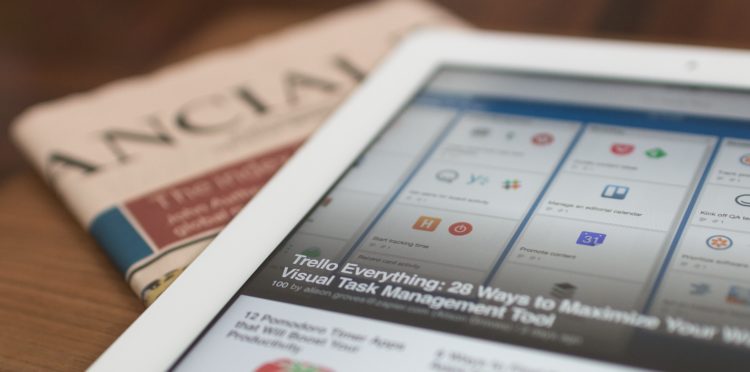Investopedia describes trade finance as financial instruments and products used by companies to facilitate international trade and commerce. Its function is to introduce a third-party to transactions to remove the payment risk and the supply risk. The third parties involved include banks, trade finance companies, importers and exporters, insurers, export credit agencies, and service providers.
One of the more cumbersome aspects of international trading involves the flow of documents pertaining to a transaction. When you consider the number of parties involved, the paper flow introduces complexity and adds additional time needed to process the transaction, including establishing credit facilities, complying with export/import regulations, insurance underwriting, etc. The whole process can take 5-10 days to complete.
Figure 1: The complexity of trade finance

Source: Deloitte 2019
Blockchain or Distributed Ledger Technology (DLT) is touted as the technology that would reduce the time it takes to complete the transaction to hours. In a brief titled “Rebooting a Digital Solution to Trade Finance, management consultant Bain and Company claimed that DLT could reduce trade finance operating costs by up to 80%, and achieve up to four-fold improvements in execution times.
Around the world, consortia have been sprouting to DLT-ized trade finance, including we.trade (IBM), Marco Polo (R3), and Batavia. Hong Kong is finally jumping into the fray with the egging of the Hong Kong Monetary Authority (HKMA).
On October 31, 2018, the HKMA announced the launch of eTradeConnect, a blockchain-based trade finance platform developed by a consortium of 12 banks in Hong Kong.
Originally known as the Hong Kong Trade Finance Platform, eTradeConnect “aims to improve trade efficiency, build better trust among trade participants, reduce risks and facilitate trade counterparties to obtain financing by digitizing trade documents, automating trade finance processes and leveraging the features of blockchain technology.”
First announced in October 2017 following a proof of concept (POC) trial facilitated by the HKMA, eTradeConnect is the first large-scale multi-bank blockchain project in Hong Kong.
Fintech Innovation spoke to OneConnect Financial Technology CEO, Tan Bin Ru, to understand the technical aspects of eTradeConnect.
Tan said banks are reluctant to adopt blockchain because they don’t want to share data with others. The eTradeConnect project is able to connect banks with common interests without requiring them to share data.
“In a typical trade finance deal, participating banks don’t necessarily talk to each other. This creates opportunities for fraud to sip in as banks do not have a full picture of the transaction. We've come up with a version of the blockchain that ensures privacy for the banks, while at the same time mitigating the risk of fraud,” she explained.
The World Trade Organization estimates global trade in 2017 at US$16 trillion, and up to 90% of global trade required trade finance. In reality, only about US$4 trillion was financed because banks refuse to handle the business due to the uncertainty of some transactions.
“Imagine someone takes a loan from one bank to finance a transaction then proceeds to go to another bank to apply for finance of the exact same cargo manifest (or invoice). Because the banks don’t talk to each other, neither banks would know that a fraud just took place,” explained Tan.
Tan noted that on a blockchain platform, selected data can be shared so that any bank can look up the platform to see if any other bank has taken up the invoice for financing.
“At this moment we focus on detection of double invoicing fraud as a first benefit of the platform and then we'll discuss with discussing phase two, phase three in terms of adding more things onto the chain. For trade finance and supply chain finance on blockchain is where we see a very clear value proposition for the banks and we're seeing the adoption going up very fast,” commented Tan.
Concurring with this assessment, Howard Lee, deputy chief executive of the HKMA, said eTradeConnect demonstrates the willingness of the financial services industry to adopt new technology in the new era of smart banking.
Figure 2: The blockhain as used in trade finance

Source: Deloitte 2019
View the full video to learn about blockchain as used in trade finance. Watch Tan’s response on the following:
- Why FSIs are interested in blockchain: 0:05-0:33
- The real benefit of blockchain: 0:34-1:29
- Blockchain use case in Hong Kong: 1:29-4:13
- Outlook for blockchain adoption: 4:13-5:23




